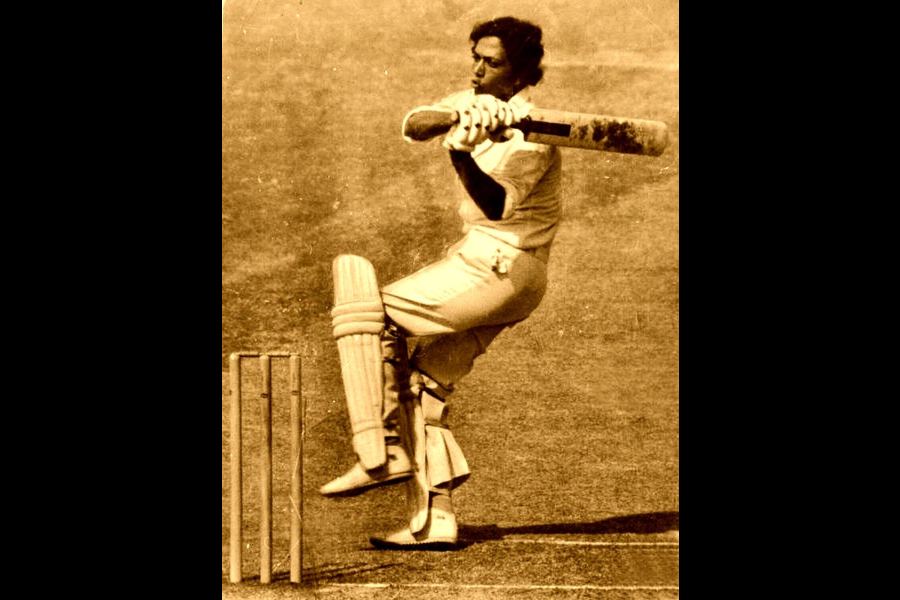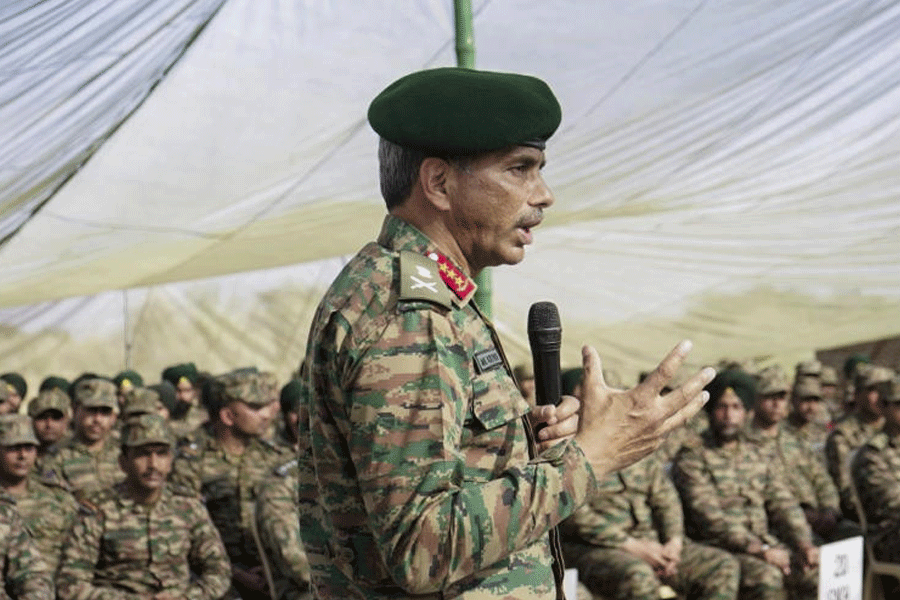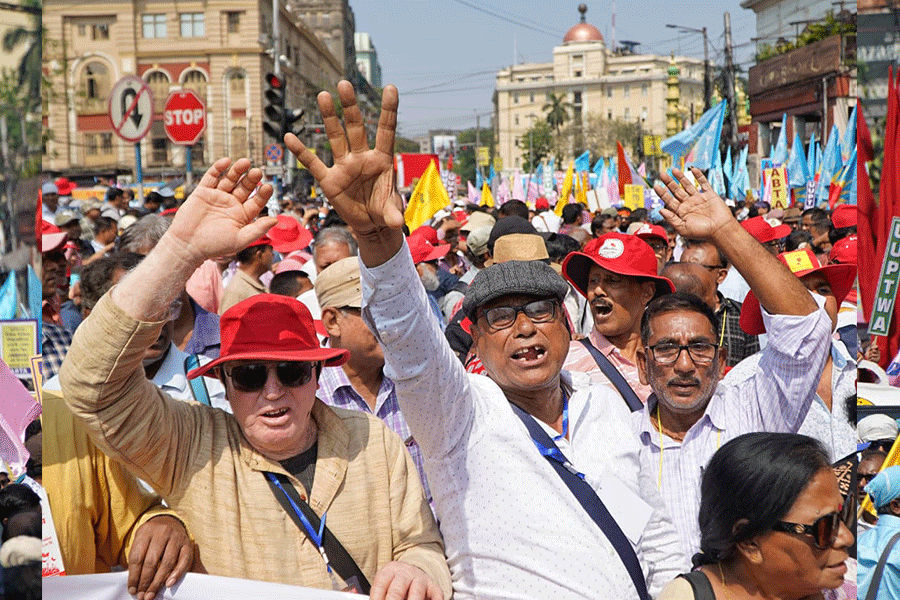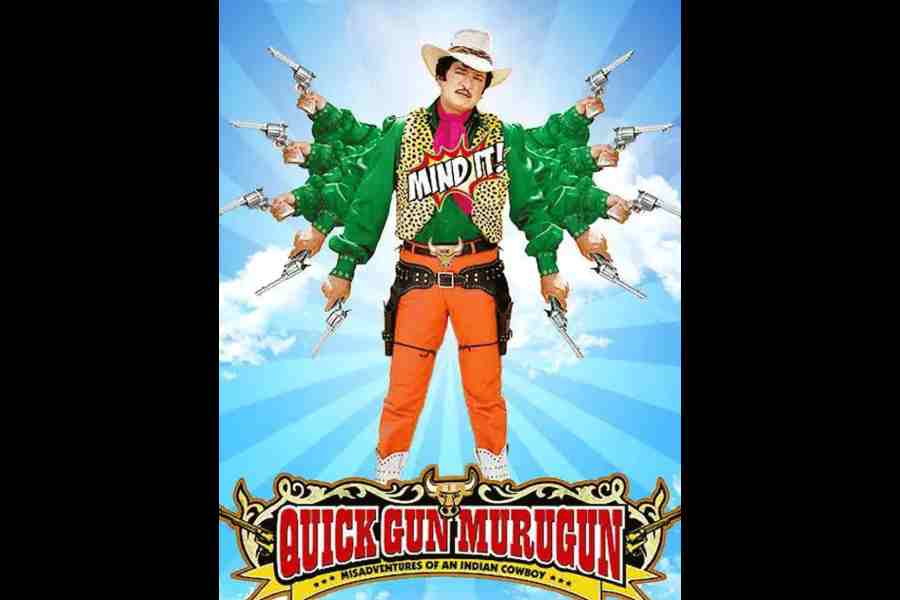Book: FEARLESS : A MEMOIR
Author: Mohinder Amarnath and Rajender Amarnath
Published by: HarperSport
Price: Rs 799
Ever wondered how Mohinder Amarnath mastered the hook and the pull, or garnered the courage to stand up to the hostile pace battery of the West Indies, or rein in Imran Khan's vicious swing during the 1982-83 series?
Fearless, penned along with Mohinder’s brother, Rajender Amarnath, provides a sneak peek into his personality and the manner in which he overcame the various impediments on his way to playing 69 Tests in a roller-coaster career spanning almost two decades.
The book contains interesting anecdotes from his school and playing days and delves into the mind of a cricketer for whom grit, guts and gumption defined batting. "The story of my cricketing life flows like a Hitchcock thriller: a little twist here, another there to create suspense," writes Mohinder in the Prologue to his engrossing commentary on his cricketing life.
The first steps to be regarded as "the most accomplished player of fast bowling", as Sunil Gavaskar had once put it, were taken at an early age under the tutelage of his Papaji, the great Lala Amarnath. The art of playing rising deliveries and a barrage of bouncers on fast wickets overseas was mastered on the lawns of their house in New Delhi. To remove fear, he was made to face wet tennis balls from 15 yards. He was discouraged by his father from exhibiting pain to the opposition even after taking blows on his body: this mantra stayed with him for the rest of his career. Lala, the former India captain, would constantly mutter in Punjabi in his ears during practice sessions, "sher de puttar parwa nai kardey” (lion's cubs fear none) to boost his confidence. It helped that Mohinder got the chance to play most of his school cricket on coir-matting wickets; because of the bounce, the pull and the hook shots came somewhat naturally to him.
However, Lala always ensured that his reputation never came in the way of his sons’ — both Mohinder and Surinder went on to play Test cricket — rise to stardom. He issued strict instructions to his boys to be part of the team and never behave as sons of an established cricketer.
The book details how Mohinder learnt the virtues of discipline and fitness from his father. Besides meaningful insights into his life, it delves deep into the mental strength that is needed to survive in times of stress and adversity.
Twenty chapters script Mohinder’s journey through different cricketing tours and series, including his most cherished player-of-the-match moments in the semi-final and the final of the 1983 World Cup.
A separate episode has been dedicated to his much-publicised outburst against the Raj Singh Dungarpur-led selection committee in 1988 when he termed them a "bunch of jokers". The anecdote soon became a part of Indian cricketing folklore. From a "whipping horse", he had decided to "become the master" of his fate and exposed the selectors' idiosyncrasies. Mohinder goes on to say that he lost nine productive years and 40 Test matches because of the selectors’ lopsided judgements, or as he says, partiality.
He reveals an incident his father had once told him when he was heartbroken by the selectors' injustice. Lala knew the royal family of Dungarpur and Raj Singh, then an emerging fast bowler, was keen to play for India but couldn't because of stiff competition from the likes of Ramakant Desai and Surendranath. Mushtaq Ali called up Lala and requested him to help the youngster but he refused since he found him to be flat-footed and not promising enough.
Raj Singh, the young prince, never donned the India cap. Years later, as chief selector, did he take revenge on Lala's son?











